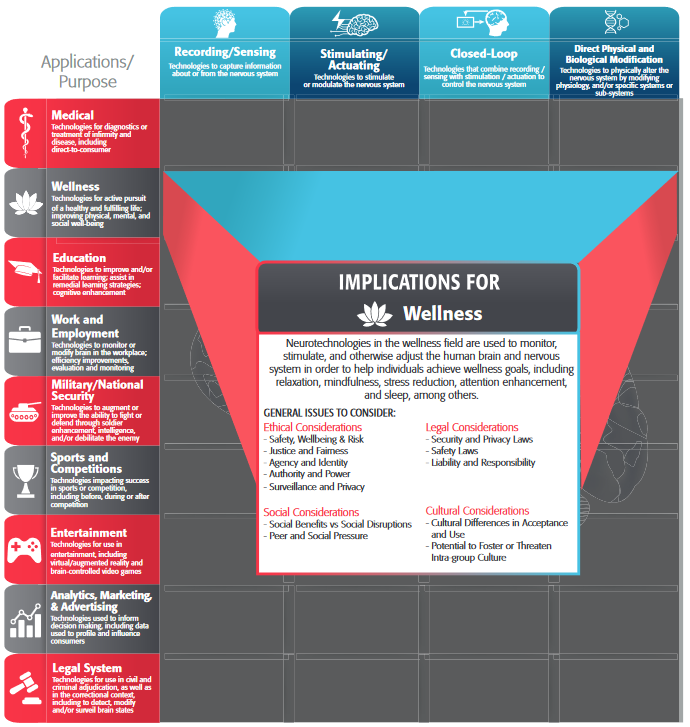Welcome to the IEEE Brain Podcast Series. In this series, we interview some of the top subject matter experts in brain research and neurotechnology. IEEE Brain Podcasts provide you with access to the industry’s best of the best.
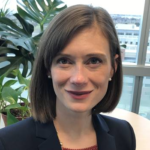
Q&A with Dr. Cristin Welle, Associate Professor, Departments of Neurosurgery and Physiology & Biophysics, University of Colorado
In this episode, Cristin Welle discusses her research that lies at the intersection between neural device technology and their implications in the nervous system. Having previously worked at the FDA focused on neural interface technology, Cristin provides valuable insights on entrepreneurial opportunities, regulatory issues, and the importance of promoting diversity in the neuroscience community.
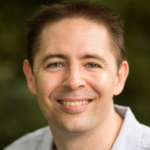
Q&A with Dr. Christopher Rozell, Professor of Electrical and Computer Engineering, Georgia Institute of Technology
Artificial Intelligence holds great promise in the advancement of neuroscience. This podcast features Dr. Chris Rozell, professor of electrical and computer engineering at the Georgia Institute of Technology and leader of the Sensory Information Processing Lab. As a member of IEEE Brain and an educator and researcher working on developing technology to enable interactions between the brain and artificial intelligence systems, Dr. Rozell shares his insights on the neuroscience landscape, informs on opportunities for technology advancement and offers advice for students and young professionals who might be interested in pursuing a career in this exciting field of study.
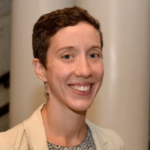
Q&A with Dr. Laura Specker Sullivan, Assistant Professor of Philosophy, College of Charleston
In partnership with IEEE EMBS. Ethics, as it relates to neuroscience, continues to grow in importance in light of ongoing advancements in neurotechnology. In this podcast, Laura Specker Sullivan, Assistant Professor of Philosophy at the College of Charleston and Clinical Ethics Consultant at the Medical University of South Carolina, provides insights on ethical challenges and ways to ensure ethics are prioritized within neuroscience, and she gives advice how students might explore opportunities related to this growing field of interest.

Q&A with JoJo Platt, President of Platt and Associates, Inc.
In partnership with IEEE EMBS. Bioelectronics medicine is a growing field underpinned by bioelectrical engineering, neuroscience and molecular biology technologies. In this podcast, JoJo Platt, president of Platt and Associates, points to a collaborative and unifying approach for achieving new discoveries and applications in bioelectronics medicine, touching upon key issues such as ethics, security, and the advantages of a tangential education for young engineers.
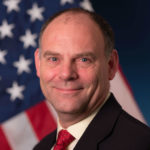
Q&A with Dr. Al Emondi, Program Manager in the Biological Technologies Office at DARPA
In partnership with IEEE EMBS. Advancements in neurotechnology have the potential to enable new applications where humans could possibly communicate with complex systems at “the speed of light”. Dr. Al Emondi, Program Manager in the Biological Technologies Office at The Defense Advanced Research Projects Agency (DARPA), sat down with IEEE Brain at the 2019 IEEE EMBS Conference on Neural Engineering where he shared his insights on non-invasive brain interfaces and why he believes we are currently experiencing a revolutionary time for neuroscience and bioengineering technologies.
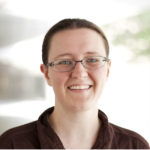
Q&A with Dr. Cindy Chestek, Associate Professor of Biomedical Engineering at University of Michigan
In partnership with IEEE EMBS. Dr. Cindy Chestek, Associate Professor of Biomedical Engineering at the University of Michigan, began her career as an electrical engineer but is now immersed in the world of brain-machine interfaces (BMIs). She is working diligently on hardware and algorithms for BMIs with the goal of developing better prosthetic control of multi-articulated finger movements. We spoke with Dr. Chestek at the 2019 IEEE EMBS Conference on Neural Engineering where she shared more about her work in prosthetics and peripheral nerves, how carbon fiber electrode arrays are changing the game, and much more.
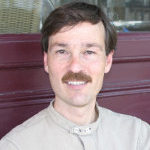
Q&A with Jack Gallant, Professor of Psychology and Neuroscience at UC Berkeley
In partnership with IEEE EMBS. When it comes to functional mapping of the human brain, Jack Gallant, Professor of Psychology and Neuroscience at UC Berkeley, is at the forefront. Although we are a ways away from fully mapping the brain, Jack’s work in functional MRI has led to incredible spatial maps that are helping scientists better understand the brain. Jack shares how he got started in neuroscience, why he believes understanding the brain is important for the future of science and medicine, how those interested in a similar career path should get started, and more.
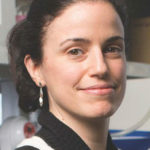
Q&A with Dr. Elisa Konofagou, Professor of Biomedical Engineering and Radiology at Columbia University
We sat down with Dr. Elisa Konofagou, Professor of Biomedical Engineering and Radiology at Columbia University, at the 2018 IEEE Brain Initiative Workshop on Advanced NeuroTechnologies. Dr. Konofagou gave us further insights and a deeper dive into ultrasound neuromodulation of the brain in vivo, the topic she discussed during the workshop. She shares more about her work and how her goal is to create a world where cancer, tumors, psychiatric and motor neural diseases are detected and treated using ultrasound-based technologies.
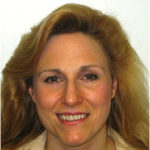
Q&A with Chris Berka, CEO and Co-Founder of Advanced Brain Monitoring
In this podcast, we spoke with Chris Berka, CEO and Co-Founder of Advanced Brain Monitoring, following her presentation at the IEEE Brain Initiative Workshop on Advanced NeuroTechnologies to get an inside look at how her company is using brain activity monitoring to better understand neurodegenerative diseases. Advanced Brain Monitoring uses sleep and daytime brain profiles to collect valuable data which is then used to predict advancements in diseases such as Alzheimer’s and dementia. Chris shared her end goal for observing and collecting data from brain activity, new projects her company is working on, how she got started working in neurotechnology and advice for those looking to follow the same career path.





